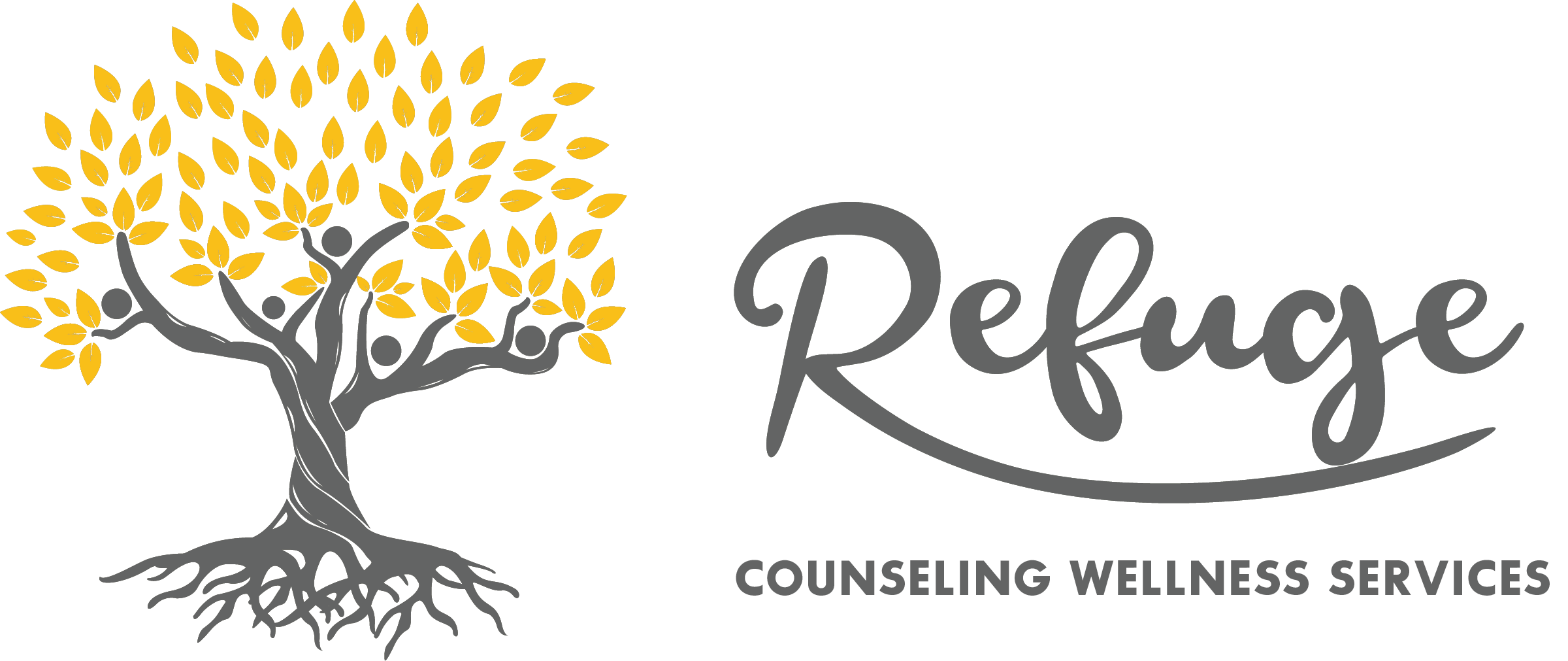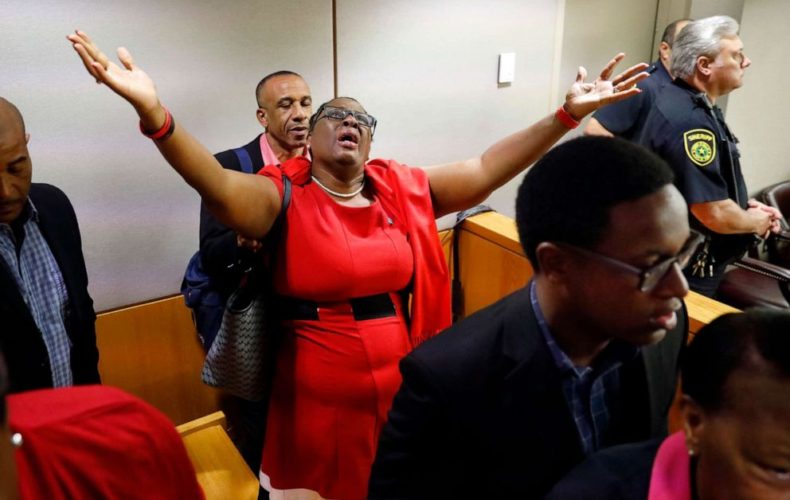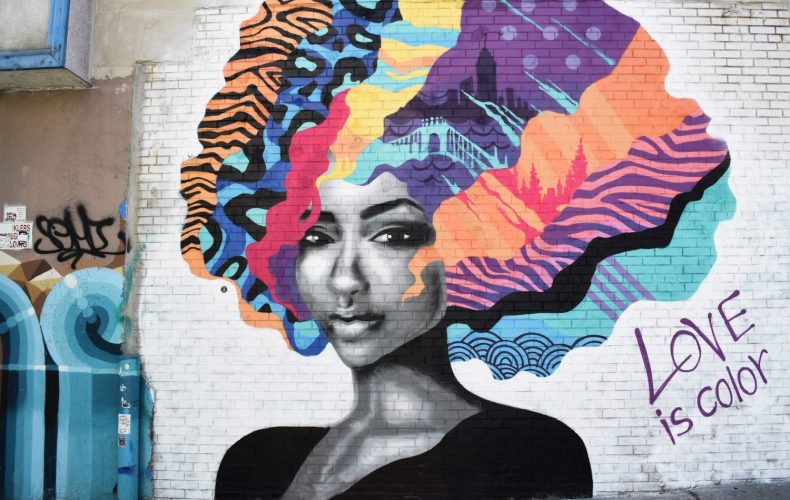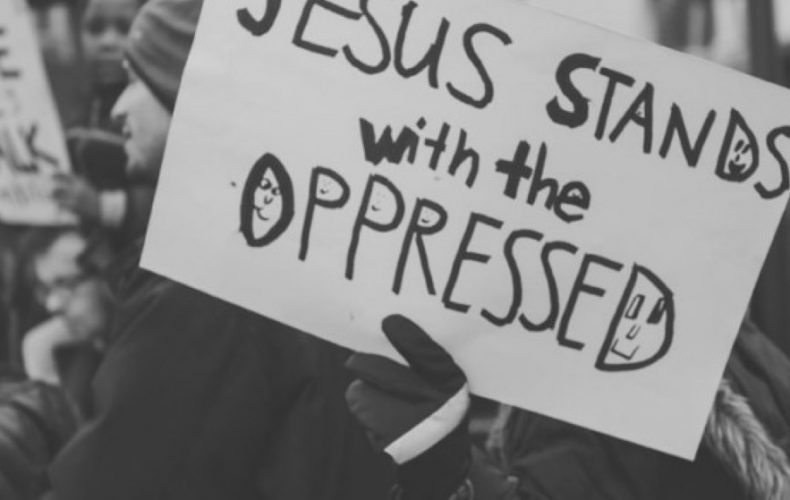On October 2 , 2019, America witnessed something both extraordinary, awe inspiring and yet deeply conflicting at the same time.
When Botham Jean’s brother, Brandt Jean expressed forgiveness towards Amber Guyger for intentionally murdering his brother in his own apartment, it triggered an uproar for understandable reasons. Many wrote about the concerns of white Christians and America in general, who weaponize black forgiveness and use it as an opportunity to selectively gloss over crimes against Black bodies. The granting of forgiveness on its own, “sends the wrong message when it doesn’t afford the same leniency toward people of color who are incarcerated and caught up in the criminal justice system at higher rates than whites,” said Changa Higgins, the Head of the Dallas Community Police Oversight Coalition.
While such conflicting feelings and messages are significant portions of the discourse, I am here to focus our attention on the observed general theme of the misapplication and misunderstanding of forgiveness altogether that becomes dangerous if we do not get it right. I am not questioning the genuineness of Brandt’s decision (that is between him and the Lord), but I am highlighting the unconscious motivation that drives the need for Black Christians to extend forgiveness publicly, prematurely, impulsively and/or irresponsibly.
We often see forgiveness played out like this from Black Christians who have experience unimaginable racial trauma, and have suffered great violence and catastrophic loss by their white counterparts. In the depths of such loss, we see Black Christians take upon themselves the burden and ownership of displaying unwavering strength, without fully processing the magnitude of what occurred. This behavior is one of the effects of racial trauma that causes Black Christians to censor their pain and the rawness of negative feelings, in order to subconsciously avoid the false narrative as the “angry” “aggressive” “divisive” “unforgiving” Black man/woman on national TV.
We saw the same demonstration of forgiveness during the Charleston massacre shooting. 21 y/o Dylan Roof entered Emmanuel African Methodist Episcopal (Mother Emmanuel) Church in SC during their weekly Bible Study, staying until the end of the study, to then murder nine Black congregants right after the study. Just 2-days after that unspeakable trauma–still drowning in the shock of what transpired, the victim’s family members were surprisingly announcing they forgive Dylan Roof, also on national TV. Dylan roof, on the other hand stated he had no remorse for his actions, was yet calmly detained and taken to Burger King for lunch by law enforcement.
I am encouraging Black Christians to find peace in knowing that though the gaze of White America and societal stress may be influencing how you handle the effects of racial trauma publicly, you are not obligated to make it all look clean and pretty. The effects of trauma is so messy, its ugly, and far from tidy. You are not obligated to run towards forgiveness if your heart is not ready. God will still meet you right in the midst of the unbearable pain and gently guide your heart towards closure.
I am encouraging all of us as Christians to a healthier understanding and application of forgiveness altogether. The truth is, forgiveness is simple, and yet complicated in action. It is an integral part of our healing from the trauma.
And forgive us our sins, as we have forgiven those who sin against us…If you forgive those who sin against you, your heavenly Father will forgive you. (Matthew 6:12, 14).
Here are some examples of what forgiveness is and what it is not.
What Is Not Forgiveness:
Forgiveness does not mean a person should not be held accountable for their actions. It does not mean we must take upon ourselves the burden to advocate for the relinquishment of their consequences either.
Forgiveness does not mean it has to happen 1.2 seconds after the offense. Our Lord never put an explicit timeframe on when we needed to forgive, but that we should forgive. This means He understands that forgiveness is not only a command but also a (working through) process.
Forgiveness does not mean reconciliation.
Forgiveness does not mean you have to keep yourself open to more harm or abuse.
What Is Forgiveness:
Forgiveness means that I have accepted that the offense happened, not that I accept that the offense was ok.
Forgiveness means that I have worked through and acknowledged the emotions attached to the offense/crime/ trauma.
Forgiveness means the letting go of holding onto the offense/crime/ trauma altogether. It was awful. It happened. Choosing forwardness.
Forgiveness means redefining the trauma and not allowing the trauma to define you.
Forgiveness means I am still choosing forgiveness when the painful emotions come back up again and again and again and again.
Forgiveness means sanctification.
Forgiveness mean I can still pray for accountability.
Forgiveness means I can still pray for justice.
Forgiveness means I can still pray for mercy.
Forgiveness is an act of unconditional, undeserving love and an act of obedience between you and God.
Forgiveness means I have the choice to forgive you whether you apologize or not.
Forgiveness involves healthy boundaries.
Forgiveness means I do not seek personal vengeance, rather I lay down my claim to vengeance for you to face with the Lord.
Forgiveness is ultimately freeing.
May we all be a little clearer on what forgiveness is. May we become more aware of the effects of (racial) trauma and its impact on how we extend forgiveness. And may we rest in the freedom of Christ in knowing God is still with you, even when your heart may not be ready to move towards forgiveness and acceptance of the traumatic offense right now.
“Black forgiveness is admirable when it is freely given and not demanded or expected. And the best response to black forgiveness is to prevent the harm that makes it necessary in the first place,” Jemar Tisby, author of “The Color of Compromise: The Truth About the American’s Church Complicity in American Racism”
Deep prayers for healing and comfort for Botham Jean’s family and all those who are grappling with the ongoing effects of (racial) trauma. #BothamJean #RIP



